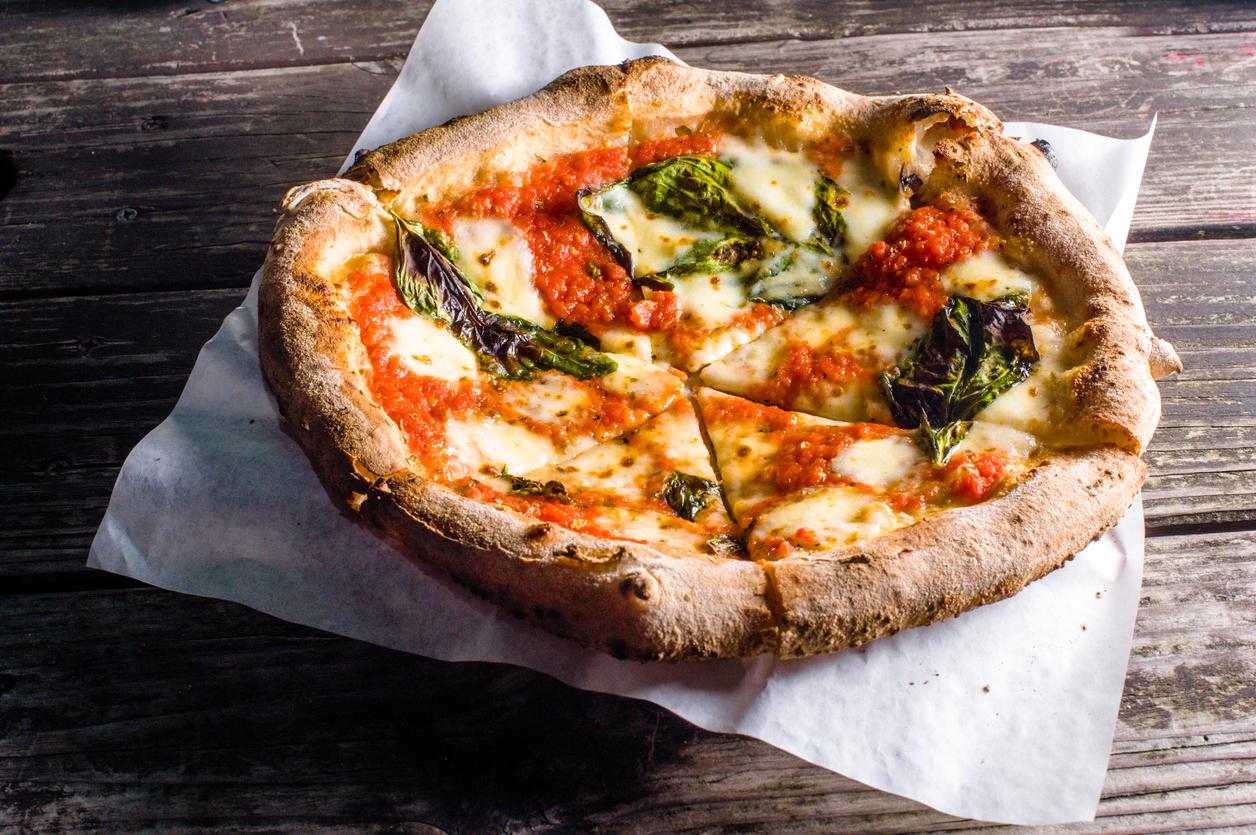The Independent's journalism is supported by our readers. When you purchase through links on our site, we may earn commission.
Why 'cheat days' are ruining your healthy eating intentions
And it's not for the reason you might expect

Getting fit, healthier and losing weight is not easy. As everyone knows, you need to up your activity and eat not only less but better.
It takes hard work, willpower and dedication.
Most people know that trying to go completely cold turkey and cut out all sugar and refined carbs from their diet is destined to fail, so increasingly people are adopting the concept of ‘cheat days’. There are over 2,300,000 posts tagged with #cheatday on Instagram.
The idea is that one day a week, you can ‘cheat’ on your diet and eat whatever you want. Not only should this help with your resolve but there are also theories that it boosts your weightloss in the long run:
When you’re creating an energy deficit the majority of the time, your body may adapt to the reduced calorie-intake by burning fewer of them. By having a cheat day and eating more, some people claim you can prevent this slowdown.
But is this cycle really healthy? Can it be good for your body to eat grilled chicken and vegetables six days a week only to stuff your face with pizza, chips, chocolate and cakes for one day?
And won’t such a routine create an unhealthy relationship with food, where many are demonised as bad but idolised at the same time?
When a food is seen as forbidden, it means you’re more likely to overindulge on it on your cheat day.
“A full day of cheat eating is excessive and can be an excuse for the dieter to consume copious amounts of junk food,” James Collier, Registered Nutritionist & Co-Founder of Huel.com, told The Independent.
“Often they consume more than they would usually because they have been restricting themselves for the rest of the time, and hunger can be amplified,” Collier says.
He also points out that the claim that cheat days can speed up the metabolism is unsubstantiated.
Registered dietitian Nichola Whitehead is similarly not a fan of the concept of cheat days: “They reinforce the premise that both ‘good’ and ‘bad’ foods exist and may promote a cycle of restriction and binge eating, and therefore a negative relationship with food,” she explained to The Independent.
“In addition to this, let's say someone has eaten relatively well all week, and they're in a calorie deficit for weight loss - you can consume quite a lot of calories in a single day and have the ability to completely undo all of your hard work!”
Some people find having a cheat day makes it a lot harder to get back ‘on the wagon’ afterwards. Once you’ve binged in a big way, you really want to do it again and it’s hard to get back into a healthy mindset.
TV presenter and fitness expert Chloe Madeley recently posted on Instagram explaining exactly this point.
She wrote that she’d let herself enjoy an indulgent meal after she “hadn't had a cheat in 10 days.” But in the days following the meal, it was a lot harder to resist sugary foods:
“Walking down the cake aisle at the supermarket was sheer torture,” she wrote, adding that all she did all day was toy with the idea of buying Oreos.
Madeley recommends simply not ever allowing yourself to eat anything that doesn’t fit within your fitness regime, but most nutritionists, dieticians and fitness experts disagree with this.
Many suggest adopting the ‘80/20 rule’, which is considered a much healthier way to live:
“80 per cent of the time I adopt a mindful approach to my food, exercise, sleep, stress and alcohol choices,” Nicola Addison, owner of Eqvvs Training and wellbeing expert, explained to The Independent.
“I won’t have that biscuit with my mid morning cuppa, I will opt for a sparkling water over the bottle of beer in the fridge, I will ensure protein is in every meal and I will make sure I go to bed at a decent time. For the remaining 20 per cent I allow for full flexibility. I enjoy my curry, have that drink, go to bed a bit later and eat the odd Malteaser.
Following the 80/20 rule gives you power and permission to enjoy your life, unlike cheat days, which can leave you feeling like a slave to a regime.
And as Whitehead points out, there is good in all foods: “Even white bread is fortified with minerals.” Although foods like biscuits provide little in the way of nutrients, they’re beneficial in that they’re good for the soul.
“The key is moderation not deprivation when it comes to these foods,” Whitehead says.
She believes people trying to eat healthily should still occasionally eat higher calorie, less nutrient dense meals, but they should be called ‘treat’ meals rather than ‘cheat’ meals, and Collier agrees.
“The key is to develop a healthier relationship with food,” Whitehead says. So although eating the occasional indulgent meal should be incorporated into your week, calling it a ‘cheat day’ could be doing you a lot more harm than good.
Join our commenting forum
Join thought-provoking conversations, follow other Independent readers and see their replies
Comments